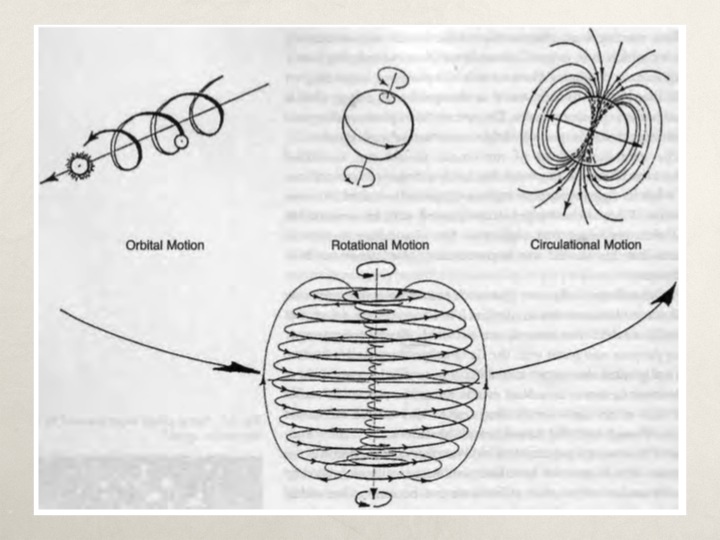Iconoclast's question to the C's regarding water got me thinking about all things water and some of the past research I had done on this topic. Anyways, I thought the theory of Primary Water probably deserved it's own thread.
The Hydrological Cycle
Most scientists today understand that the water we use and drink comes from the hydrological cycle. This is the cycle that involves evaporation, precipitation and then ultimately the accumulation in underground aquifers. It is said that these aquifers that we drill into to obtain our water are supplied solely by water from this hydrological cycle. This is why we are told to conserve our water supplies because the recharge rate of these aquifers from precipitation has a finite limit. Not only that, but since the precipitation has to move through the sky, surface and into the ground, it is going to pick up any pollutants it encounters along the way, thus polluting the aquifers too. This means water supply is not only a factor, but water quality is as well. This is why fresh water is a highly contested resource at the moment worldwide. I'm sure most people are familiar with this story in some form.
Primary Water Theory
There is some evidence to suggest that not all of the water in the world is subjected to the hydrological cycle. Some of the earth's water may exist outside of this cycle, buried deep underground. Water of this sort has been dubbed "Primary Water" because it is suspected that it originates through some chemical process deep within the earth. So what evidence to we have that such a source of water might exist:
_
http://merlib.org/node/5063
Stephen Riess then went on to make quite a name for himself in the field of water exploration. It seems that he has discovered a number of such "primary water" sources in the course of his career. A couple examples of ones that are still in use today are:
_
http://www.geomantica.com/geom31.htm#13
Another interesting fact about Riess was his work for the Israeli Government:
_
http://merlib.org/node/5063
To me, this shows that the elite know that this theory has merit. Perhaps mainstream hydrology is more or less a ponerized front, acting to keep us in the dark regarding other water sources that may bring more health and freedom to the world? For the most part mainstream hydrology is correct in it's assumptions about where to look for water, but they have neglected to study some pretty important anomalies as the above shows.
Possible Mechanism of Generating Primary Water
So the next big question is how could water form beneath the surface of the earth and what other evidence shows that this "Primary water", as Riess and other have supposedly tapped into, actually originates from deep within the earth?
_
http://www.eric.com.au/docs/water/primary/eric_primary_water.doc
As far as what Stephen Riess believed:
Conclusions
It seems that there is enough evidence to conclude that there may be deep underground sources of water that defy mainstream hydrology theory. However, the source of these waters and how they are formed or accumulated is largely unknown. Based on Stephen Riess's work for the Israeli government, I suspect that it is known in some circles that water can be obtained from such sources, but it is largely hidden from most of humanity. So as people fight over the remaining poisoned surface waters of the world, perhaps the elite are sitting in their bunkers deep underground drinking water that has been untouched by their pollutants? Something to consider, I suppose.
I find a lot of similarities between the Primary Water theory and the Abiotic Petroleum theory. It seems that mainstream science wants to hang on to the assumption that the Earth is simply a dead rock floating through space that accidentally managed to spawn life. Water couldn't have sprang forth from the earth itself, it had to be deposited by comets or externally somehow. That's not to say some water didn't arrive here externally, but to say this is the only way is quite a limited assumption. The theory of Primary Water, like the Abiotic Petroleum theory suggests that perhaps the Earth has it's own internal mechanisms for supplying its needs and the needs of its lifeforms.
I would be interested to hear how geologists or hydrologists reconcile some of these groundwater anomalies with the current theories on groundwater. Maybe this is all wishful thinking to believe that there is some largely untapped, unpolluted source of water still left in the world. Even if such a water source exists, it might be that for the vast majority of people this sort of water will remain forever out of reach due to geological, economic or political factors. I think it is worthwhile to consider the possibility though.

